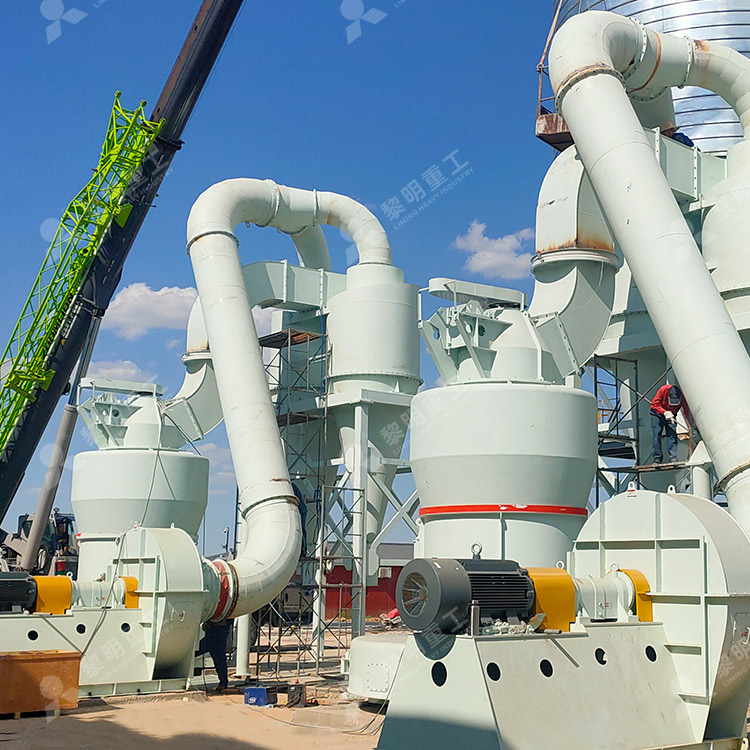The Ultimate Buyer’s Guide to Choosing a 325-Mesh Calcium Carbonate Grinding Mill
Selecting the right grinding mill for 325-mesh heavy calcium carbonate (CaCO₃) powder is critical for cost efficiency and product quality. With multiple machine types on the market, how do you pick the best one? Here’s a step-by-step guide based on real-world production experience.
1. Machine Type Matters
Not all grinders suit fine CaCO₃ powder (325 mesh = 44 microns). The top three options:
Raymond Mill – Best for 200-400 mesh, low investment, but limited to medium hardness.
MTW European type Mill + Classifier – Higher precision, ideal for ultra-fine (325-2500 mesh), but higher energy use.
Vertical Roller Mill – Most energy-efficient, handles large capacity, but higher upfront cost.
2. Must-Check Specifications
✔ Motor Power – At least 45-75 kW for stable 325-mesh output.
✔ Grinding Roller Material – High-chromium alloy lasts 3x longer than standard cast iron.
✔ Classifier Speed – Adjustable 2000-3000 RPM ensures precise fineness control.
✔ Dust Collection – Pulse jet bag filter is mandatory for eco-friendly production.
3. Avoid These Costly Mistakes
❌ Buying undersized equipment – A "5-ton/hour" mill that only does 3 tons wastes time and power.
❌ Skipping material testing – Always grind your CaCO₃ sample before purchasing.
❌ Ignoring after-sales support – Look for 1+ year warranty and local technicians.
4. Pro Tips for Maximum ROI
Demand a trial run – Verify output quality on-site.
Compare power consumption – Newer models save 20-30% electricity.
Ask for wear-part costs – Cheaper machines often have expensive replacement rollers.
Need Expert Advice? We offer free CaCO₃ grinding tests and customized solutions. Contact us today for a no-obligation consultation!





